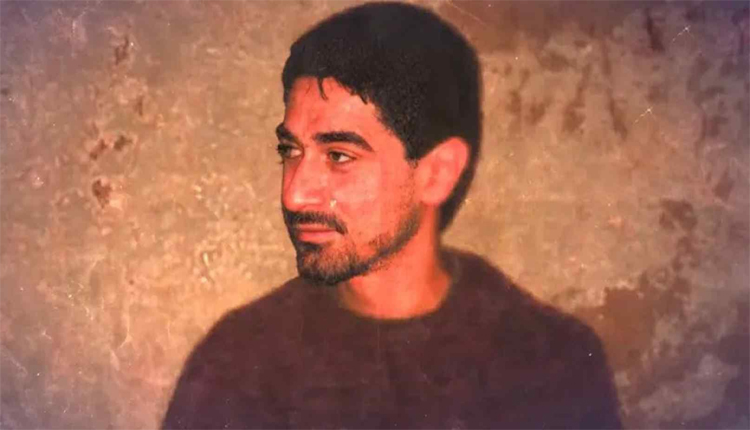New Delhi: In a significant escalation of tensions, Israeli forces targeted a building in Beirut on Friday, killing Hezbollah’s top commander Ibrahim Akil. Akil, a key figure in Hezbollah since the 1980s, had been a long-standing enemy of the United States and Israel, who had both placed him on their most-wanted lists with a $7 million bounty (approximately 58 crore INR).
Ibrahim Akil, one of Hezbollah’s founding members, played a pivotal role in transforming the group from a militia faction in Lebanon into a powerful political and social force. Over the past four decades, his strategic vision and military expertise expanded Hezbollah’s influence across the region, making him a formidable adversary.
The year 1983 marked a critical turning point in Middle Eastern violence, with a series of devastating attacks in Beirut. A suicide bombing in the Lebanese capital targeted American forces, resulting in the deaths of over 360 people, including 241 U.S. soldiers. The attack, one of the deadliest against American military personnel, sent shockwaves through the United States and marked the beginning of a relentless pursuit of Akil by U.S. and Israeli intelligence agencies.
The 1983 Beirut Barracks Bombing
On 23 October 1983, a suicide bomber drove a Mercedes truck packed with explosives into a U.S. military barracks in Beirut, killing 241 American soldiers and injuring over 100 others. This attack, which was blamed on Ibrahim Akil and his Hezbollah forces, was the deadliest single-day loss for the U.S. military since World War II. The incident prompted the U.S. and other Western nations to reassess the security of their overseas military bases and diplomatic missions.
In response to the attack, the U.S. embassy in Beirut was transformed into a heavily fortified compound, and heightened security measures were introduced for U.S. officials in the region. The legacy of this attack continues to influence American military strategy and diplomatic operations in the Middle East.
A Career Marked by Violence and Defiance
Over the years, Akil’s involvement in numerous high-profile attacks, kidnappings, and clandestine operations cemented his reputation as one of Hezbollah’s most dangerous military commanders. His elusive nature allowed him to evade capture for decades, operating in the shadows and directing Hezbollah’s activities behind the scenes.
Despite being placed on the U.S. list of global terrorists and facing international sanctions, Akil continued to exert influence, expanding Hezbollah’s reach and capabilities. His ability to blend military prowess with political strategy made him a unique and highly effective leader within Hezbollah’s ranks.
Impact on U.S. and European Involvement in Lebanon
The violence in Beirut in the early 1980s, particularly the attacks linked to Akil, fundamentally altered Western involvement in Lebanon. Originally deployed as peacekeepers in 1982 to stabilise the region, U.S. and European forces quickly became targets in a growing wave of violence. Following the 1983 barracks bombing, the U.S. withdrew its troops, marking a significant shift in American foreign policy in the Middle East.
Ibrahim Akil’s death marks the end of an era for Hezbollah, closing the chapter on one of its most influential and controversial leaders. His elimination is a significant blow to the organisation, but it also raises questions about the future dynamics of power in Lebanon and the wider Middle East. As the region continues to grapple with complex conflicts and shifting alliances, Akil’s legacy as a military commander and political strategist will be remembered as a defining force in Hezbollah’s history.



Comments are closed.